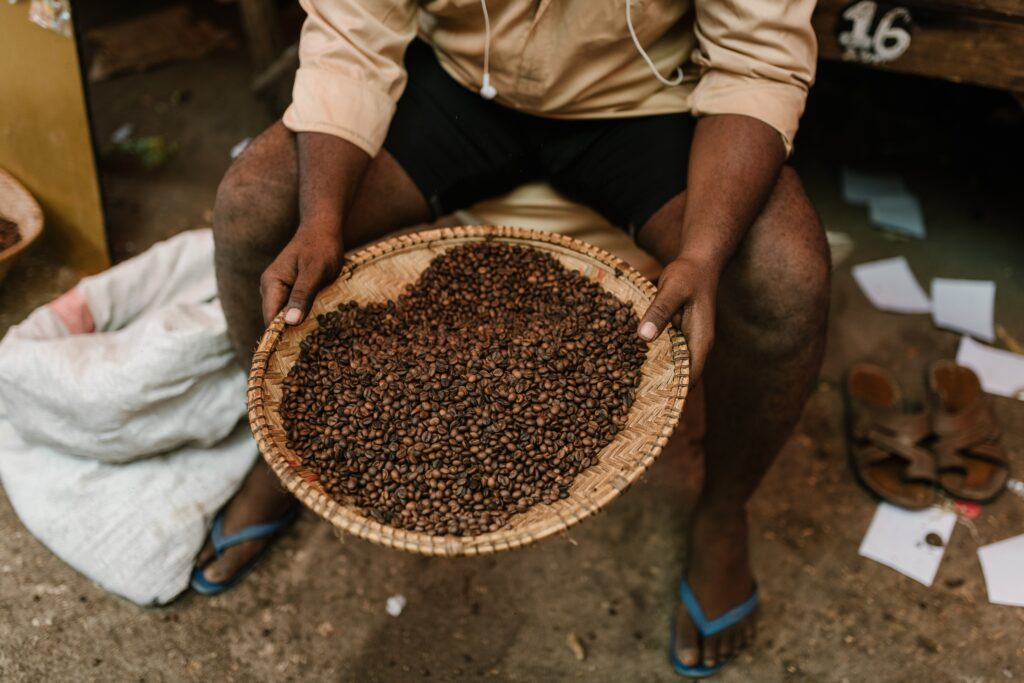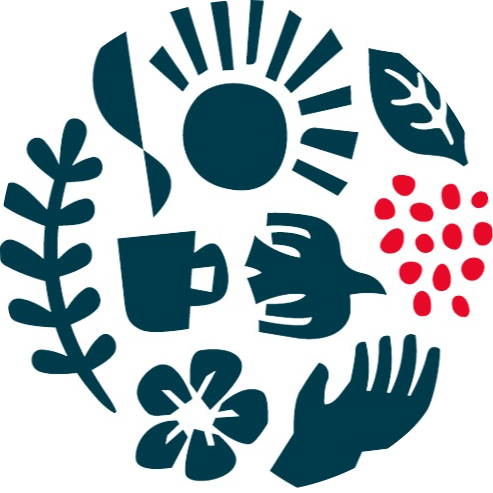If you’re a frequent coffee drinker, you’ve heard of single origin coffees. But do you know what is single origin coffee means? In this blog post, we’ll explore the unique characteristics of single origin coffees and why they make for such an exciting drinking experience – in terms of taste, quality, and sustainability.
What Does Single Origin Coffee Mean?
Single origin coffees come from one geographic region and have a distinct flavor profile. Single estate coffees are grown on the same property but may come from different regions with varying flavors. Lastly, single farm coffees come only from one particular farm and are usually named after the farmer who produced them, as each farm has its unique flavor characteristics.
Sourcing matters in the coffee industry because it directly impacts the quality and taste of the coffee. Beans sourced from certain regions may have distinct flavor profiles, while beans sourced from specific farms may have unique growing conditions that affect the taste of the coffee. By carefully selecting and sourcing high-quality beans, coffee roasters can ensure their final product is of the highest quality.
Ethics
Single origin coffee can have several ethical benefits, such as:
- Direct Relationships with Farmers: Coffee roasters can establish direct relationships with farmers by sourcing coffee directly from a single origin or single estate.
- Fair Trade Practices: When coffee roasters work with single origin suppliers, they can ensure that the farmers receive fair compensation for their products.
- Environmental Sustainability: Many single origin coffee producers strongly focus on environmental sustainability, such as using sustainable farming practices, reducing waste, and conserving water.
- Quality Control: By sourcing coffee from a single origin, coffee roasters can closely monitor the quality of the beans throughout the production process.
Single Origin vs Direct Trade
Single origin and direct trade are two different concepts in the coffee industry. Single origin refers to coffee beans sourced from a specific geographic origin and typically roasted and sold under that origin. On the other hand, direct trade is a purchasing model in which coffee roasters establish direct relationships with farmers and negotiate prices based on quality and sustainability practices.
While single origin focuses on coffee’s geographic origin, direct trade focuses on establishing direct relationships with farmers and ensuring that they are rewarded for their work.
Single Origin Vs Blend Coffee
Single origin coffee offers a unique and exciting flavor experience; each bean is sourced from its distinct geographic origins, whether a single farm or an entire country. Blend coffee, on the other hand, is a mixture of two or more types of coffee beans sourced from different origins, which are blended in varying proportions to create a unique and consistent flavor profile. While single origin coffee highlights the unique taste profile, blend coffee is designed to achieve a desired flavor or combination of flavors.
Difference In Taste
Single origin coffee vs blends can have distinct differences in taste, depending on several factors, such as the origin of the beans and the roasting process used. Here are a few examples:
Fruity Taste
Single origin coffee is known for highlighting the unique flavor profile of its origin. For example, it can include a fruity taste if the beans are sourced from a region known for its fruity notes. On the other hand, blends are often created to balance flavors, and a fruity taste in a blend may be more subdued or combined with additional notes.
Bolder Flavors
Blends can often offer a bolder flavor than single origin coffee, combining different coffee beans to create a unique flavor profile. On the other hand, single origin coffee may offer a more nuanced and subtle flavor profile, highlighting the unique character of a specific region.
‘Pure Flavor’ Quality
Single origin coffee is often lauded for its ‘pure flavor’ quality, as it showcases the unique characteristics of a specific region without being mixed with other types of beans. Blends, on the other hand, may sacrifice some of this ‘pure flavor’ quality in order to achieve a desired flavor profile.
Traceability
Single origin coffee can offer greater traceability, as the beans are sourced from a specific origin and can be more easily tracked through the supply chain. Blends may not offer the same traceability level, as the different beans’ specific origins may be more challenging to follow.
Try Cherri Cafe’s Single Origin Coffee
Single origin coffee is unique and has a wide variety of flavor profiles compared to other types of coffee like direct trade coffee. Therefore, there is no one-size-fits-all answer for everyone when it comes to creating the perfect cup of joe. Instead, the best way to find the ideal single origin coffee is by trying different variations for yourself.
At Cherri Cafe, there are endless selections that you can choose from and explore with your taste buds. So join us at Cherri Cafe to experience the uniqueness every single origin coffee offers today!




